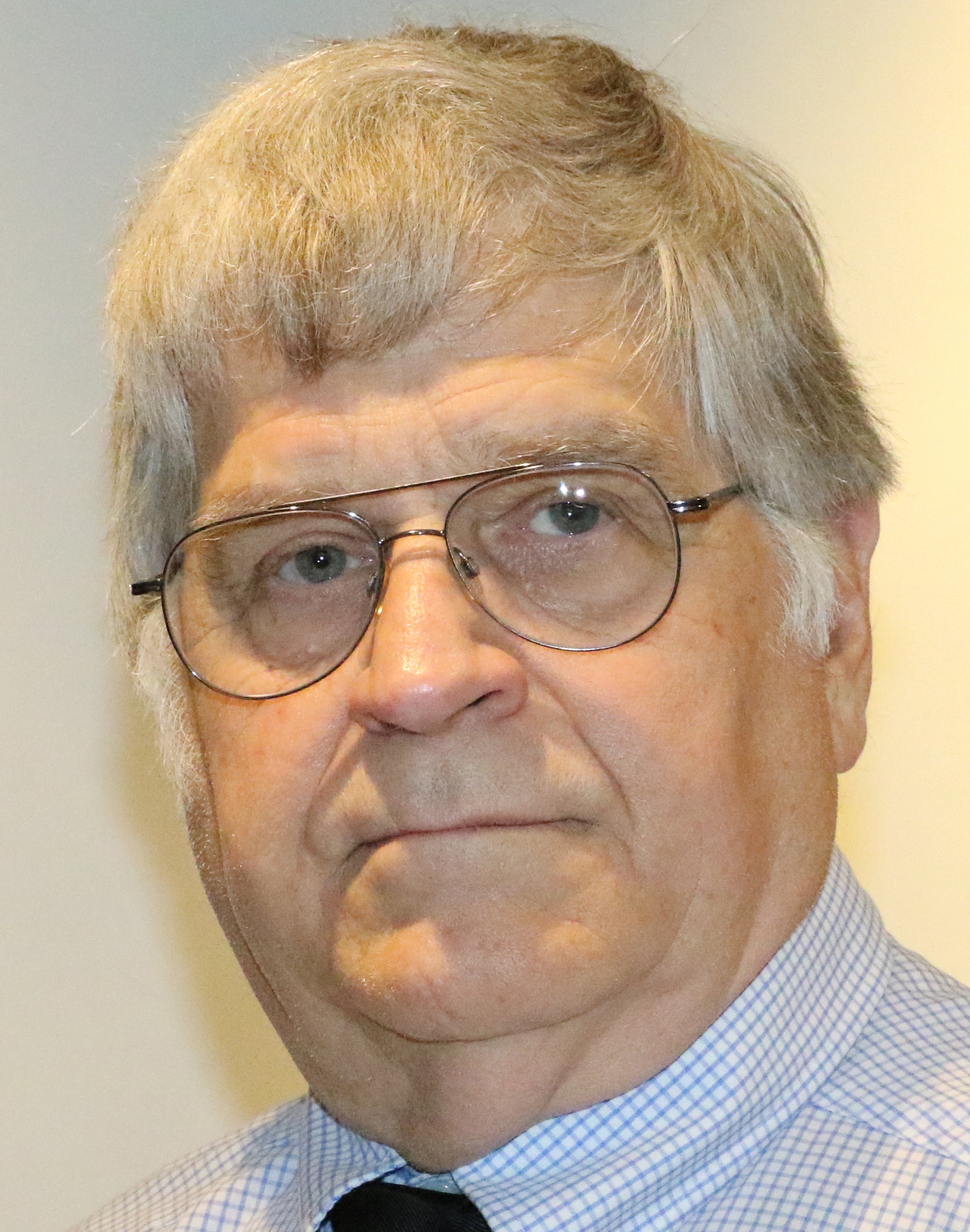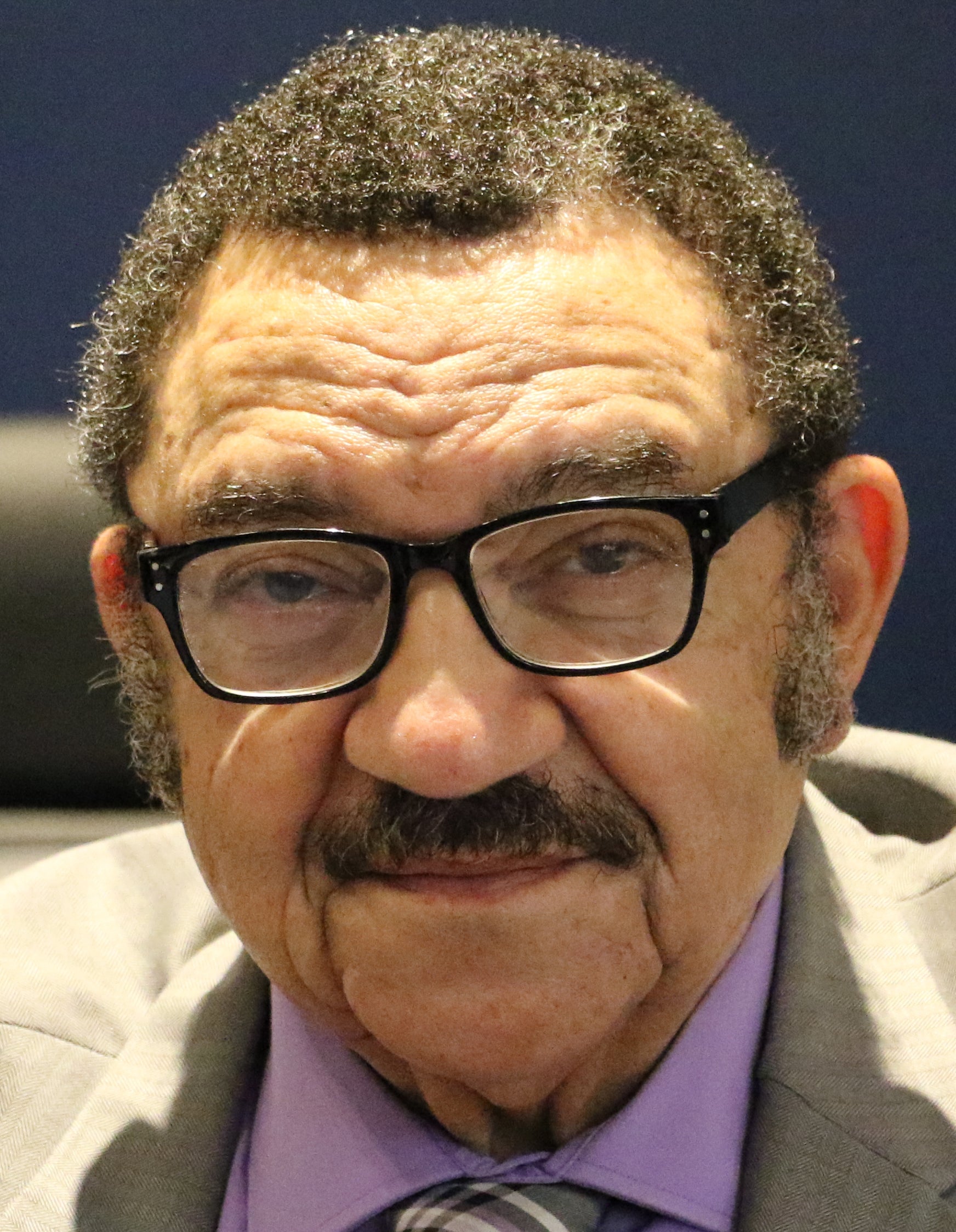Supervisors table resolution, plan meeting with school board
Published 5:24 pm Friday, December 31, 2021
|
Getting your Trinity Audio player ready...
|
The Southampton County Board of Supervisors voted unanimously at its Dec. 14 meeting to table a “parental rights” resolution that could impact funding of the county’s public schools and to accept an invitation from the Southampton County School Board to meet for a work session.
The school board voted 8-0 on Dec. 13 to pass a motion declining an invitation from the Board of Supervisors to attend the supervisors’ Dec. 14 meeting where they wanted the school board to offer thoughts and observations on the resolution.
The motion also included a proposal from the school board that the Board of Supervisors instead join it for a joint work session on a future date to engage in an informed, facilitated discussion regarding conflicts, real or perceived, between the commonwealth’s cultural competency training and parental rights.
The first paragraph of the draft resolution states that “the Southampton County Board of Supervisors respectfully submits that §1-240.1 of the 1950 Code of Virginia, as amended, entitled the ‘Rights of Parents,’ emphatically states, ‘A parent has a fundamental right to make decisions concerning the upbringing, education and care of the parent’s child’…”
The fourth paragraph states that “the Southampton County Board of Supervisors is very much aware of the concerns of parents, students and taxpayers that the administration of the Southampton County Public Schools has ignored the fundamental rights of parents to make decisions concerning the upbringing, education and care of their children…”
The last four paragraphs of the draft resolution are as follows, with the last two addressing Southampton County Public Schools directly:
“Whereas, cultural competency training promotes the teaching of ideologies that likely contradict the social, moral and religious beliefs of the parent’s child in direct violation of §1-240.1 of the 1950 Code of Virginia, as amended; and
“Whereas, the Southampton County Board of Supervisors is fundamentally opposed to the offering of taxpayer’s dollars to Southampton County Public Schools if it will not adhere to §1-240.1 of said code and all of its practices.
“Now, therefore, be it resolved that the Southampton County Board of Supervisors hereby places the Southampton County Public Schools on notice and demands that the Southampton County Public Schools cease its violation of the law of this commonwealth and adhere to §1-240.1 of the code and all of its practices; and
“Be it further resolved that the Southampton County Public Schools, boards, administration and employees do everything in their power to restore the traditional partnership between teachers, students and parents by directly communicating with parents and students before teaching any subject that does not address the Southampton County Public Schools objectives, which, inter alia, is to teach every student to achieve their highest academic potential. It is counter to the Southampton County Public Schools mission to design educational experiences that allow students to make contributions as productive citizens if the Southampton County Public Schools teachings include personal bias or personal political opinions or indoctrination. The Southampton County Public Schools will not achieve its mission by including conversation, lesson plans, literature, personal stories or other means to teach students to identify their agenda, denounce their American culture and patriotism, apologize for their race or religion, or to have teachers encourage their students to keep secrets from their parents.”
Four members of the public expressed concerns about the resolution during the Board of Supervisors’ Dec. 14 meeting, not wanting to see it adopted in its current form.
Jerusalem District Supervisor and Board Chair Dr. Alan W. Edwards opened discussion among board members by stating that the draft resolution was not a perfect document.
“I think a lot of us up here have strong feelings about this and also strong feelings about supporting the school system,” he said. “Maybe that’s why this resolution has come. Our concern for the school system — there’s no other reason for us to have this resolution.”
He later noted that the school board had declined the invitation to come to the meeting.
Franklin District Supervisor Robert White said, “But they did offer to have a workshop with us in the email. I read that, so I’m fine with that myself. I’d love to get together with them and work…”
After County Administrator Michael W. Johnson read the draft resolution in full, Boykins District Supervisor Carl J. Faison shared his thoughts on the document.
“I’ll just say I’m very much opposed to this because I think it makes assumptions about our school system that I just don’t read in the school system,” he said. “I just don’t see where these things we’re saying about the school system are present in our system.”
He said that as long as he has been familiar with it, the school system has been effective at educating the county’s children.
“And I guess I’ve got to say I don’t really understand where this (resolution) comes from,” he said. “What is the real concern here? I don’t think it’s about the education of our kids, because our kids are being educated. What is the real concern here?”
Capron District Supervisor and Board Vice Chair William Hart Gillette responded by noting that the Board of Supervisors had sent some questions to the school board addressing some issues that had come forward to supervisors from parents and teachers alike.
He added that it was expected that those questions would be answered in full during an agreed-upon quarterly meeting between each boards’ chair and vice chair, the school superintendent and county administrator. He said a letter was sent out Sept. 28 suggesting nine days in October on which the quarterly meeting could be held.
“To this day, we have not heard (back) from that letter,” he said.
He noted that in the meantime, he has been learning more about one of the points of concern he would like to talk with the school board about — Critical Race Theory.
He said he went to Southampton County Commonwealth’s Attorney Eric A. Cooke to learn more about CRT.
Gillette said Cooke’s opinion was that he saw nothing in the documentation on CRT that was criminal, noting that the documentation was merely opinion.
“On this point I agree wholeheartedly with the people here in this room and with Supervisor Faison — that we need to be teaching our students facts, not opinions, and for that reason, having that definition rendered to me by my top legal authority in the county, I agreed that the school system should not be teaching opinions,” Gillette said. “Now, that gets back to our quarterly meetings. I would like to know, is it included in the curriculum? And we haven’t had a chance to meet by virtue of the fact they didn’t respond to a request to follow the process that was set up in July. And so we haven’t met to get answers to a lot of questions.”
Gillette also mentioned Social and Emotional Learning, which he said puts teachers in a capacity of being counselors rather than teachers, and he wanted to know if this approach is present in Southampton County’s public schools.
“These are some questions that I think are fair,” he said.
Faison said, “As far as Critical Race Theory goes, there are a lot of opinions about that, and opinions we get very often, I think, it’s just who we listen to. We listen to different people, and different people have got different opinions about it.
“Now as far as CRT is concerned, I don’t see it as a terrifying thing at all,” he continued. “What it does, it recognizes the history of our country, and our country has not always been kind to everybody, and I think that we need to be realistic about it, we need to know the facts about it, and we need to go forward from here.
“Nobody in this building today is responsible for what happened in the past,” he added. “We’re responsible for what happens in the future. But we can’t erase a history of people because it stirs up emotions in other people. We can’t do that. Our history is what it is, and we need to know our history, and we need to know it to the point that we are not generating hatred for one another but understanding, and understanding that, yes, that happened, but how can we go forward making this a better country by learning from the mistakes that we made in the past?”
Gillette praised the U.S. Constitution as the guiding force that has allowed the country to make unparalleled advances and then again mentioned CRT.
“Yes, we need to teach history, and it needs to be factual, and there is nothing wrong with teaching history, but Critical Race Theory is not history,” he said. “The derivative is critical theory, that’s where it comes from, and the background of that is not pretty.”
Faison said he feels just as strongly about the greatness of the Constitution but said the country’s history has not always adhered to the ideals of the Constitution.
Edwards stated that CRT says the Constitution is not a good document but rather that it is flawed.
“CRT was developed by a Marxist lawyer in Harvard Law School in 1974,” Edwards said, noting that it is a Marxist document, adding that Marxism is one step from communism.
Faison said, “My understanding is it’s not taught in our schools. There are colleges that have it in their curriculum, but not high schools and middle schools and elementary schools, not to my knowledge.”
He said that he recognized Gillette’s comments about not being able to meet with school system representatives previously.
“But now the school system has suggested that we meet, and I look forward to that so that we can have dialogue that is on equal basis,” Faison said.
At the end of the Board of Supervisors’ continued meeting Dec. 16, there was discussion on how the board should specifically respond to the school system.
“I think whatever we do, we need to send something positive: ‘Look, we want to do this, very definitely,’” Edwards said. “Does everybody agree to that? I think the only difference is how we do it.”
Edwards did not favor involving a facilitator in the joint work session, but Faison did.
“I think we need a facilitator,” Faison said, “and I think a facilitator can bring about a form of order, and any time you have a meeting, it’s important that somebody be directing that meeting, and I don’t think anybody from the school board should do it nor should anybody from the Board of Supervisors do it but a person who is as neutral as they can be.”
Gillette noted it would be important to wait for Governor-elect Glenn Youngkin to announce the new members of the Department of Education before a facilitator was selected.
It was agreed that the public joint work session between the Board of Supervisors and the school board should be held at Camp Community College’s Regional Workforce Development Center around mid-January, and Gillette expressed confidence that an appointee to the DOE could be brought in to facilitate the meeting.








